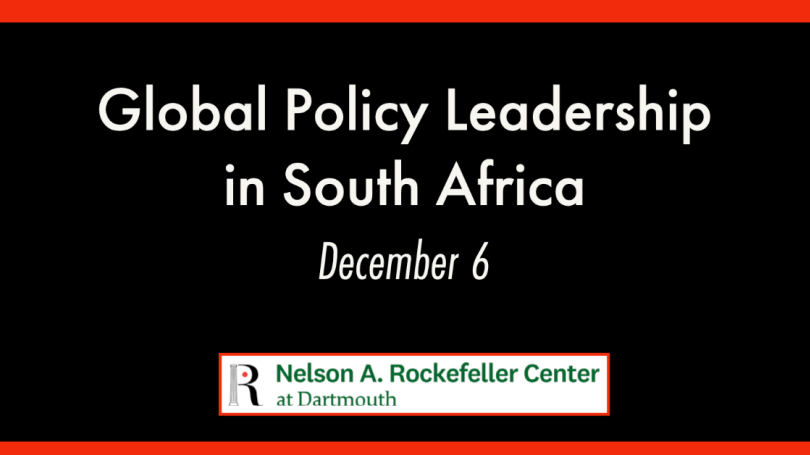
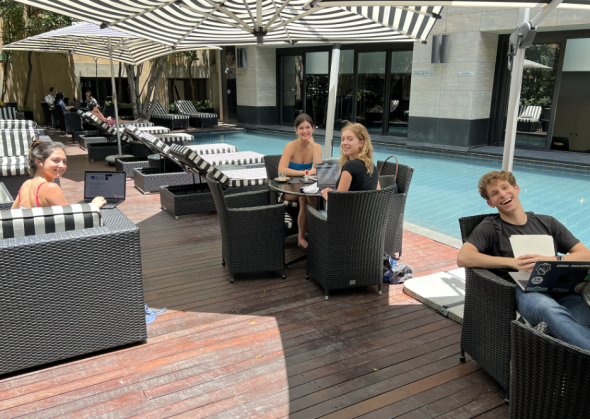
Invigorated after our weekend at a bush lodge and yesterday's meetings across Johannesburg, the team of PBPL 85 students settled in for a day dedicated to crafting our policy memo.
We have spent the last week visiting different sites around Johannesburg and speaking to experts across the political, business, and education sectors. While we still have two more cities, a visit to Robben Island, and the promise of penguin sightings ahead of us—stay tuned to hear about our adventures in Pretoria and Cape Town—we have just one week left in South Africa. With the hard deadline of our flight back to the US looming, we buckled down at the DaVinci hotel today to start writing our recommendations for how to advance racial reconciliation in South Africa and the US.
As all good policy makers do, we started the day with a hearty breakfast. We felt well-rested due to the slightly later wakeup time, and some students, your correspondent included, graced the hotel's restaurant clad comfortably in pajamas. After fueling up for the hours of writing ahead, we grabbed our laptops and notebooks and headed outside to work by the pool.
dec_6_pood_deck.png

Our research and meetings have led us to the conclusion that, while South Africa has viable policy responses "on paper" for many of its issues, its institutions struggle to successfully implement these policies. Corruption and state capture impedes the provision of key services, such as education and electricity, and stymies economic growth. We have also heard in nearly all of our meetings that there is a severe lack of trust both in government institutions and among South Africans. Without a foundation of trust, it will be difficult to bridge different groups and foster racial reconciliation.
dec_6_power_company.png
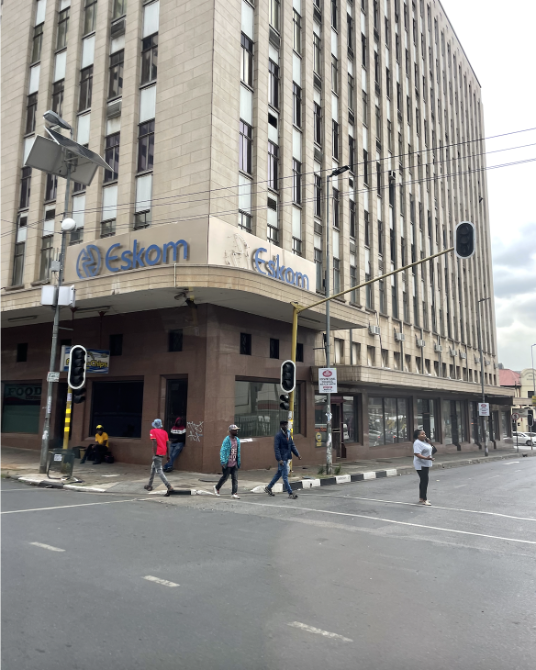
With these key challenges in mind, we began crafting our policy recommendations around a four-phase plan for South Africa's future. We believe that, first, interventions such as electoral reform and reintroducing civil service exams for government jobs can help reduce corruption and improve government accountability. Other policy reforms, including increasing school security and streamlining the process for land return claims, will foster trust in South Africa's institutions.
Second, we believe the South African government should remove barriers to economic growth and reform its education system to unlock the country's economic potential. Many of the South Africans we met have spoken about the nation's deep potential. South Africa is rich with natural resources, and, like many countries across the African continent, its population is young. By pursuing reforms such as increasing access to loans and expanding vocational education opportunities, South Africa can move towards a bright economic future.
Third, South Africa needs a more efficient and equitable distribution of social services and resources. Current distribution patterns exacerbate inequality along racial and class lines. Reforming the country's tax structure, reallocating education funding, and creating low-income housing programs are some of the longer-term changes that we believe can increase equity and social trust.
Finally, we have spent much of our time in South Africa exploring how government policies can foster a sense of national unity. We know from reading political scientist Yascha Mounk's book on diverse democracies that a shared national identity is a necessary element of an inclusive society. The fourth section of our memo will cover policies that can improve voter engagement, civic education, and bridging social capital, thereby driving racial reconciliation in both South Africa and the United States.
We spent the morning working in teams to write these sections of our memo, breaking occasionally for brief dips in the inviting pool and for lunch. All that writing made us hungry, and after meeting Robert Brozin, the founder of Nando's, yesterday, it felt only right to try some of Nando's peri-peri style chicken. The DaVinci hotel is conveniently located in Johannesburg's Nelson Mandela Square, so after a few hours of diligent memo research, we headed downstairs for sustenance. We are pleased to report that the chicken was as delicious as its world-famous reputation suggests, although a few of the students may have overestimated their spice tolerance.
dec_6_nandos.png
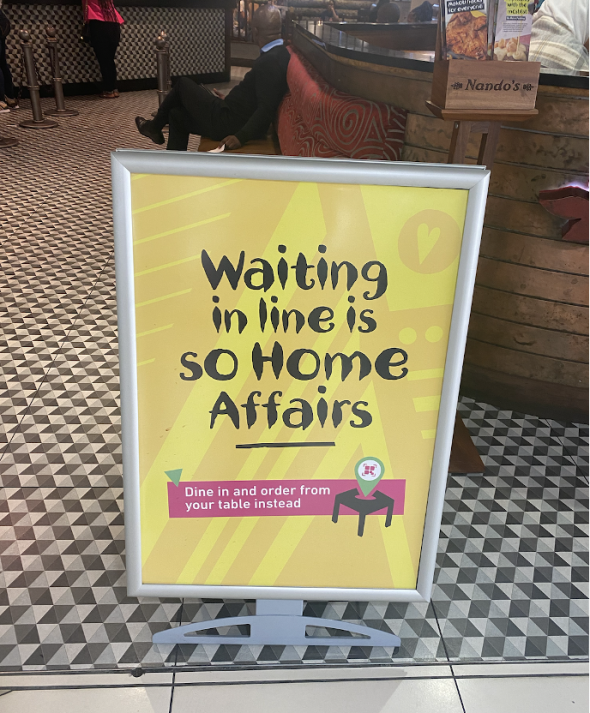
After an afternoon of memo writing, we visited yet another restaurant in Nelson Mandela Square to eat dinner with Eve Fairbanks. The author of The Inheritors, a fascinating book on post-apartheid South Africa that we read while back in Hanover, Fairbanks grew up in the United States but has lived in South Africa for nearly 15 years. She shared illuminating stories about her time in South Africa and the issue of racial reconciliation, and she entertained us with tales of her experiences in small claims courts and her run-ins with the Congolese mafia.
Fairbanks also stressed the importance of creating opportunities for open dialogue between people of different races, both in South Africa and the United States. Engaging in difficult conversations about race and racial guilt can help foster reconciliation and inter-group empathy.
dec_6_dinner.png
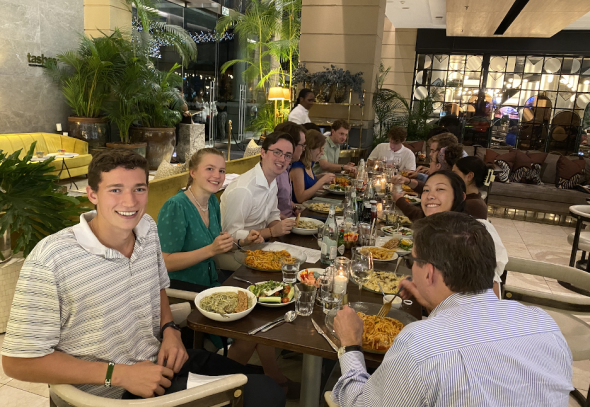
We ended our day with a memo recap session to touch base on our progress and to discuss the work that still remains. The meeting, held in Jason's hotel room, gave us the chance to reconvene after a long day of researching and writing—and it gave roommate-less Jason the chance to finally host the '23s. We look forward to traveling to Pretoria tomorrow and continuing to flesh out our policy recommendations.